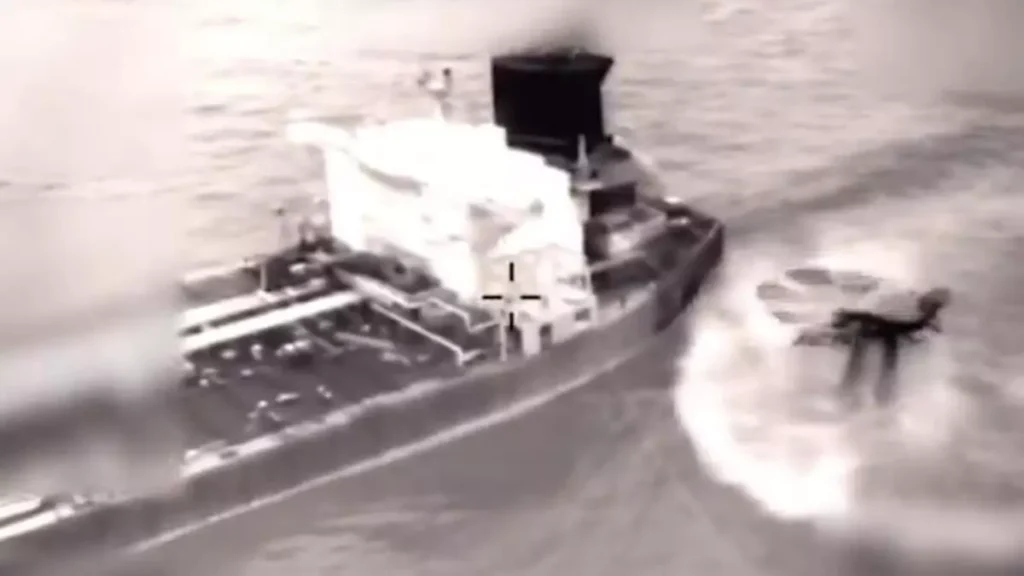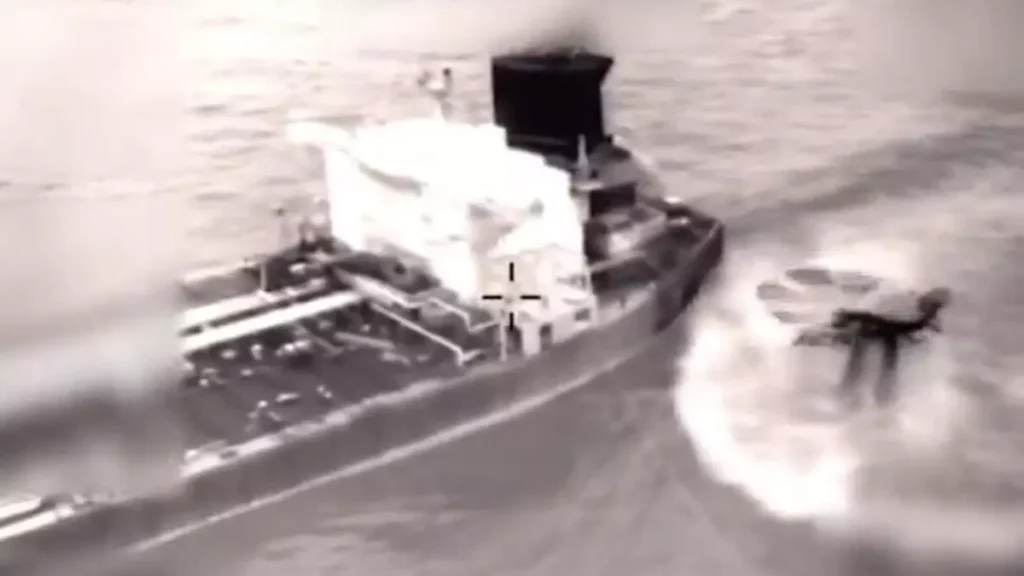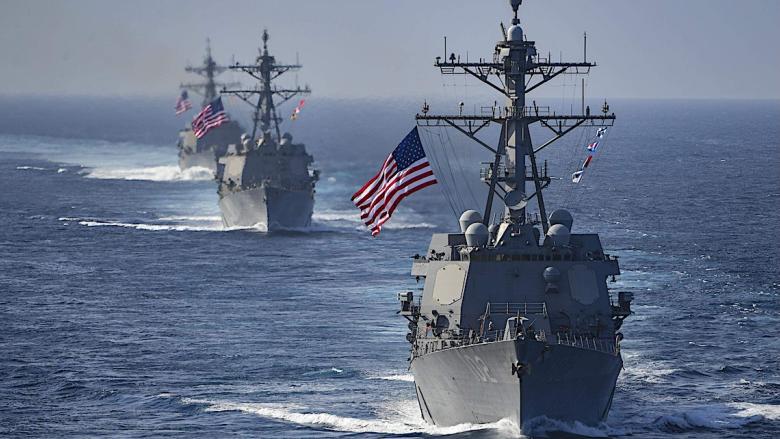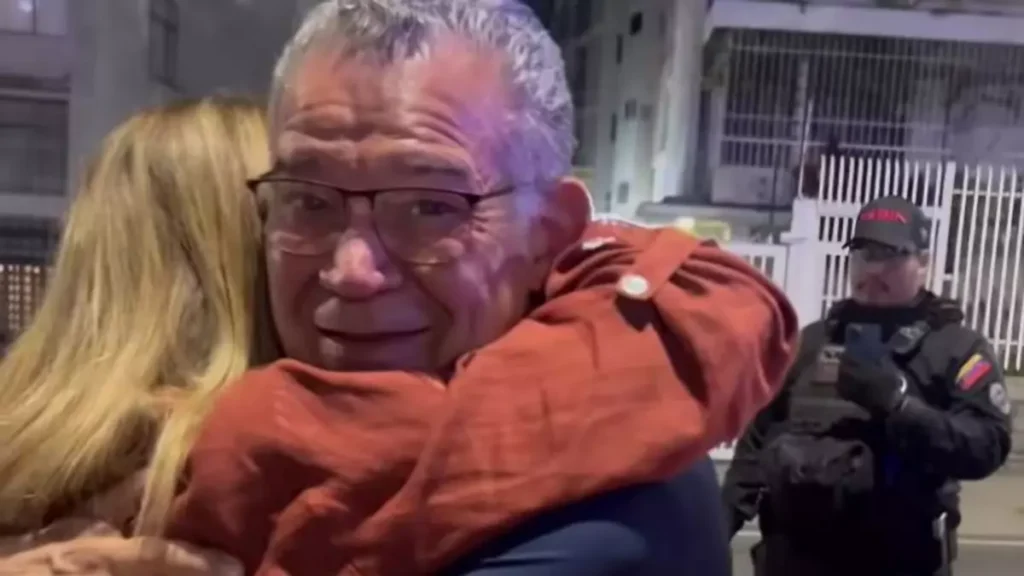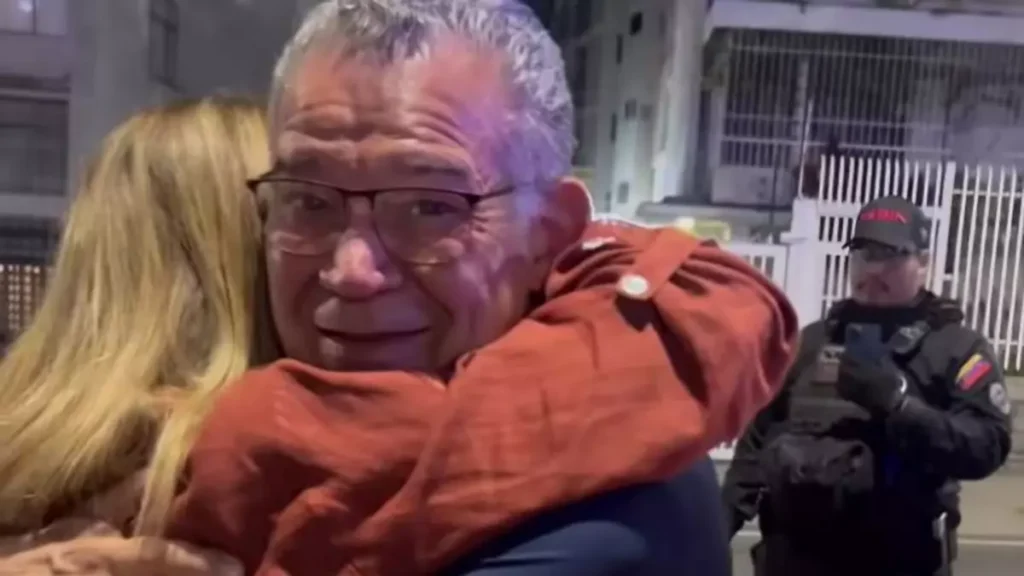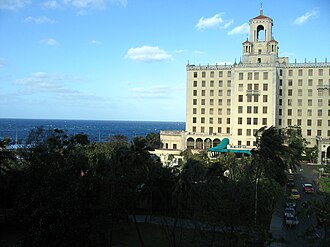
EL HISTORICO “HOTEL NACIONAL”, EN LA HABANA, CUBA. CUMPLE 96 AÑOS. PHOTOS.
El Hotel Nacional de Cuba es un hotel histórico de estilo ecléctico español ubicado en La Habana, Cuba, inaugurado en 1930. Situado en el paseo marítimo del distrito de Vedado, se alza sobre la colina de Taganana, ofreciendo impresionantes vistas al mar y a la ciudad.
Cómo es el Hotel Nacional de Cuba, el histórico edificio donde se han hospedado multitud de celebridades mundiales durante muchos años desde su fundación en 1930.
El Hotel Nacional de Cuba, un cinco estrellas ubicado en el centro de La Habana, es un clásico en la isla. El establecimiento que forma parte de la historia misma de Cuba, este fin de semana recibió a la presidenta argentina, Cristina Kirchner, como ya lo hizo en 2009.
La suite presidencial del hotel, inaugurado en 1930 y restaurado en 1992, tiene capacidad para cuatro personas y cuesta 1984 CUC (la moneda cubana equiparada con el dólar) este fin de semana, según su sitio web.
Las habitaciones del Hotel Nacional tiene una particularidad: muchas de ellas llevan los nombres de las personalidades que hospedaron. Los turistas que allí se alojen pueden elegir las habitaciones bajo el nombre Mafia, Nat King Cole, Fred Astaire, María Félix, Walt Disney, entre otros, donde hay “fotografías y una reseña biográfica de huésped, así como objetos que se han podido conservar”.
También en uno de sus bares construyeron el “Salón de Fama”, con retratos de algunos de sus “huéspedes ilustres”, como Winston Churchill, Frank Sinatra o Ernest Hemingway.
Un hotel con historia.
El Hotel Nacional se considera a sí mismo, como describen en su página web, un “símbolo de historia, cultura y cubanía”. “Los cañones que integraron la antigua Batería de Santa Clara y que hoy se exhiben en el jardín fueron declarados Patrimonio de la Humanidad, además, el Hotel es Monumento Nacional y fue inscrito en el Registro Memoria del Mundo”, subrayan.
El 1° de enero de 1959, “triunfa la Revolución Cubana” y “los representantes de la compañía norteamericana que operaba el Hotel lo abandonan, la administración es asumida por los propios empleados”, según su propia Web.
“También en enero de 1961, el Comandante en Jefe, Fidel Castro Ruz constituye la Escuela para campesinas de montaña Ana Betancourt que vinieron a estudiar corte y costura a la capital, las cuales se hospedaron en el hotel, además un grupo de trabajadores del hotel fue movilizado de durante la invasión de Playa Girón el 16 abril de 1961”, continúa.
Al año siguiente, en plena Crisis de los Misiles, “son emplazadas las antiaéreas en el montículo del Hotel, y construidas trincheras tapiadas debajo de sus jardines, constituyendo una obra de ingeniería de gran envergadura”.
En 1974 vuelve el turismo internacional a la isla y el hotel comienza a ser el imán para aquellos viajeros de renombre, además de establecerse como sede para muchas cumbres internacionales. Por eso, en los últimos años se hospedaron casi todos los presidentes de la región, como Evo Morales (Bolivia), Hugo Chávez (Venezuela) y Rafael Correa (Ecuador) y también otros mandatarios del mundo que visitaron la isla, como el de China, Xi Jinping y de Siria, Bashar al-Assad.
En sus más de 80 años de existencia, el Hotel Nacional ha recibido a numerosos huéspedes importantes, entre ellos artistas, actores, deportistas y escritores como Winston Churchill, los duques de Windsor, Jimmy Carter, Frank Sinatra, Ava Gardner, Rita Hayworth, Mickey Mantle, Johnny Weissmuller, Buster Keaton, Jorge Negrete, Agustín Lara, Rocky Marciano, Tyrone Power, Rómulo Gallegos, Errol Flynn, John Wayne, Marlene Dietrich, Gary Cooper, Marlon Brando, Ernest Hemingway, Yuri Gagarin, el científico Alexander Fleming, el gobernador de Minnesota (Estados Unidos) Jesse Ventura, e innumerables jefes de Estado iberoamericanos y monarcas europeos.
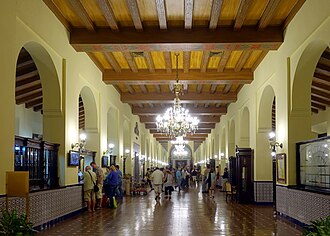
Colina de Taganana
Batería de Santa Clara en la colina de Taganana, antes de la construcción del hotel, alrededor de la década de 1920.
La Batería de Santa Clara se construyó en la cima de una colina que albergaba una de las cuevas más históricas de la isla. La colina de Taganana, ubicada en el promontorio costero de Punta Brava, cerca de la ensenada de San Lázaro, tomó su nombre de una caverna en las Islas Canarias donde se refugió la princesa guanche Cathaysa. Fue capturada y vendida como esclava por los castellanos en 1494. La niña guanche de 7 años, originaria de Taganana (en Santa Cruz de Tenerife), fue capturada junto con otras cuatro jóvenes (Cathayta, Inopona, Cherohisa e Ithaisa). Cathayta fue vendida como esclava con sus compañeras en Valencia, en abril de 1494. Se cree que después de esto pasó el resto de su vida en algún lugar de España como dama de compañía de alguna mujer de la alta sociedad española.
En Cuba, existe una leyenda paralela que cuenta que una de las cuevas bajo la colina de Taganana sirvió de refugio a una joven indígena cubana del mismo nombre que huía de sus perseguidores españoles.
El novelista cubano Cirilo Villaverde inmortalizó a la guanche Cathaysa en su obra literaria, La Cueva de Taganana.

THE HISTORIC “HOTEL NACIONAL” IN HAVANA, CUBA, TURNS 96 YEARS OLD. PHOTOS.
The Hotel Nacional de Cuba is a historic Spanish eclectic style hotel in Havana, Cuba, opened in 1930. Located on the sea front of Vedado district, it stands on Taganana Hill, offering commanding views of the sea and the city.
How is the Hotel Nacional de Cuba, the historic building where they have hosted many international celebrities for many years since its foundation in 1930.
Hotel Nacional de Cuba, five star hotel in the center of Havana, is a classic on the island. The establishment is part of the very history of Cuba, this weekend received the President of Argentina, Cristina Kirchner, as it did in 2009.
The presidential suite of the hotel, opened in 1930 and renovated in 1992, can accommodate four people and costs 1984 CUC (Cuban currency equated with the dollar) this weekend, according to its website.
Rooms at the National Hotel has a peculiarity: many of them bear the names of the personalities who stayed. Tourists staying here can choose room under the name Mafia, Nat King Cole, Fred Astaire, Maria Felix, Walt Disney, among others, where there are “photographs and a biographical sketch of host, as well as objects that have been preserved “.
Also in one of the bars they built the “Hall of Fame” with portraits of some of his “illustrious guests,” as Winston Churchill, Frank Sinatra and Ernest Hemingway.
A hotel with history.
The National Hotel is considered himself, as described on their website, a “symbol of history, culture and Cuban”. “The guns that were part of the old Santa Clara Battery and now on display in the garden were declared a World Heritage Site, in addition, the Hotel is a National Monument and was inscribed on the Memory of the World Register,” they said.
On 1 January 1959, “the triumph of the Cuban Revolution” and “representatives of the American company that operated the Hotel will leave the administration is assumed by the employees themselves,” according to its own website.
“Also in January 1961, the Commander in Chief Fidel Castro Ruz is the School Ana Betancourt mountain peasant who came to study dressmaking to the capital, which stayed at the hotel, plus a group of hotel workers was mobilized during the Bay of Pigs invasion April 16, 1961, “he continues.
The following year, during the Cuban Missile Crisis, “are stationed on the mound antiaircraft Hotel, trenches and built walled gardens below, constituting an engineering major.”
In 1974 international tourism back to the island and the hotel is becoming a magnet for travelers reputable, well established as headquarters for many international summits. Therefore, in recent years almost all the presidents of the region, including Evo Morales (Bolivia), Hugo Chavez (Venezuela) and Rafael Correa (Ecuador) and other world leaders who visited the island, such as China stayed Xi Jinping and Syria, Bashar al-Assad.
In its 80+ years of existence, the Hotel Nacional has had many important guests, including artists, actors, athletes and writers such as Winston Churchill, the Duke and Duchess of Windsor, Jimmy Carter, Frank Sinatra, Ava Gardner, Rita Hayworth, Mickey Mantle, Johnny Weissmuller, Buster Keaton, Jorge Negrete, Agustín Lara, Rocky Marciano, Tyrone Power, Rómulo Gallegos, Errol Flynn, John Wayne, Marlene Dietrich, Gary Cooper, Marlon Brando, Ernest Hemingway, Yuri Gagarin, scientist Alexander Fleming, Minnesota (United States) Governor Jesse Ventura,[20] and innumerable Ibero-American Heads of State and European monarchs.
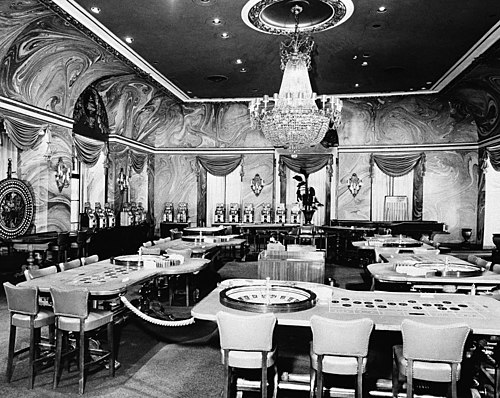
Hill of Taganana
Battery of Santa Clara on Hill of Taganana, before construction of the hotel, circa 1920s.
The Santa Clara Battery was built on top of a hill which was home to one of the most historic caves on the island. The hill of Taganana, located in the coastal outcrop of Punta Brava near the cove of San Lázaro took its name from a cavern in the Canary Islands where the princess Guanche Cathaysa took refuge. She was captured and sold by the Castilians as a slave in 1494. The 7-year-old Guanche girl from Taganana (in Santa Cruz de Tenerife) was taken captive along with four other youngsters (Cathayta, Inopona, Cherohisa and Ithaisa). Cathayta was sold as a slave with her companions in Valencia, in April 1494. It is believed that after this she spent the rest of her life somewhere in Spain as a Menina for some woman of the Spanish high society.
In Cuba, in a parallel legend that states that one of the caves under the Taganana hill served as a shelter for a Cuban Indian girl of the same name who fled from her Spanish persecutors.
The Cuban novelist Cirilo Villaverde immortalized Guanche Cathaysa in his literary work, La Cueva de Taganana.
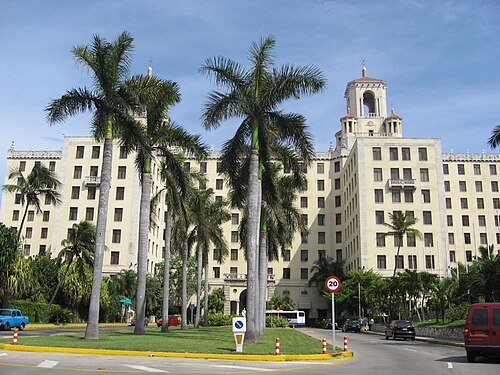
Agencies/ Wiki/ Internet Photos/ Extractos/ www.TheCubanHistory.com/ Arnoldo Varona.
THE CUBAN HISTORY, HOLLYWOOD.




